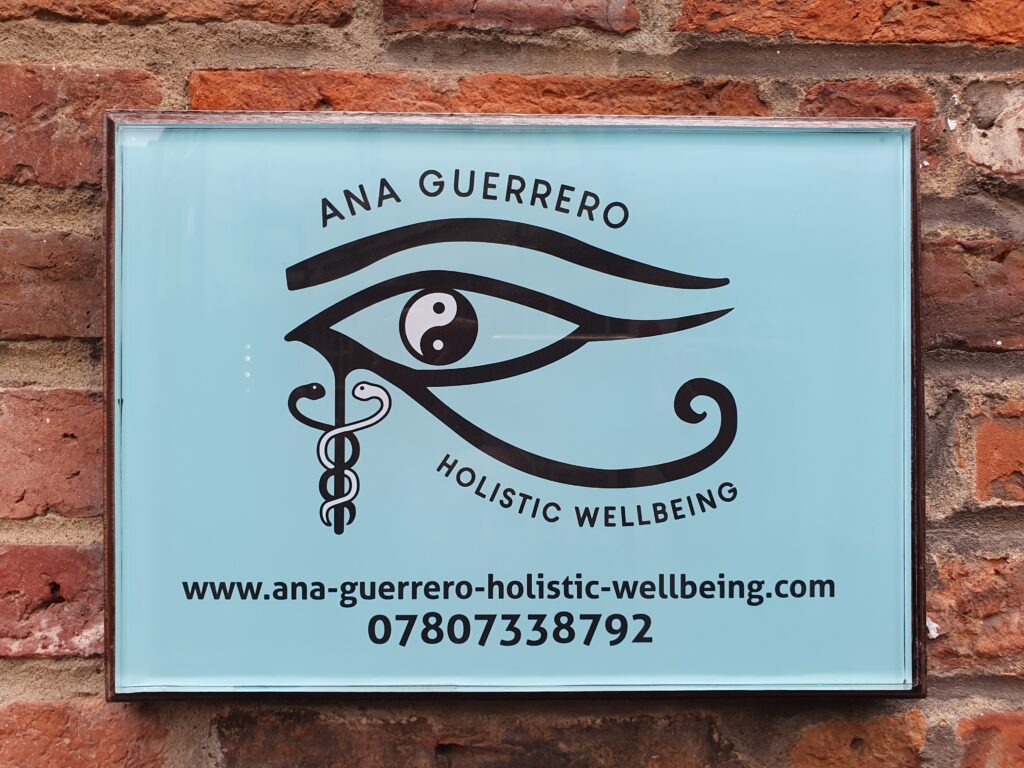FAQs
What is acupuncture?
Acupuncture is one of the longest established forms of healthcare in the world. Acupuncturists are trained to use subtle diagnostic techniques that have been developed and refined for thousands of years. The focus is on you as an individual, not your illness, and all symptoms are seen in relation to each other. The treatment involves the insertion of very fine needles into specific points on the body to affect the flow of your body’s qi or vital energy.
Acupuncture points are located at precise places along interconnected pathways that map the whole body, including the head, trunk and limbs. The most commonly used acupuncture points are on the lower arms and legs.
Acupuncturists insert very fine needles at precisely located points to connect with your body’s qi. They will decide which points are right for you after a detailed consultation covering every aspect of your health and lifestyle. The aim is to direct the flow of qi to trigger your body’s healing response and to restore physical, emotional and mental equilibrium. Treatment is designed to affect your whole being as well as your symptoms so, as the condition being treated improves, you may notice other health problems resolve and an increased feeling of wellbeing.
What are the benefits of acupuncture?
A growing body of evidence-based clinical research is discovering how the body responds to acupuncture and its benefits for a wide range of common health conditions, including detox. A lot of people have acupuncture to relieve specific aches and pains, such as osteoarthritis of the knee, TMJ, headaches and low back pain, or for common health problems like an overactive bladder. Other people choose acupuncture when they can feel their bodily functions are out of balance, but they have no obvious diagnosis. And many have regular treatments because they find it so beneficial and relaxing.
What can acupuncture help with?
Acupuncture can help with a vast array of health issues. Here you can find a full list of the conditions which acupuncture can help with.
I specialise in musculoskeletal issues due to my extended background and experience in the field, however, I am also passionate about balancing out menstruation and menopausal issues, migraines, digestive issues, mental health issues such as stress, anxiety and depression, insomnia, seasonal rhinitis, skin issues such as eczema, urinary issues…
What to expect in a treatment?
The initial session is of 90 minutes and it includes a detailed consultation, analysis, diagnosis and treatment. You may also be given lifestyle advice as well as home exercises. The follow-up treatments last 30, 45, or 60 minutes. In the initial consultation, we take a full history of your condition and general health which includes dietary habits, sleep pattern, energy levels, lifestyle, we even take into consideration any childhood trauma or big events as these have an impact in our adult life and may manifest as health imbalances. This helps us build a tailor-made diagnosis which makes treatments much more effective.
We analyse the pulse at the wrist on both arms and the tongue which can reveal key information too.
Treatment involves the insertion of very fine needles into the chosen acupuncture points in order to restore balance by stimulating the body’s own abilities of self-healing. These needles are left for 20 minutes or more and the practitioner may leave the room to allow you to fully relax.
Massage, Electro-Acupuncture, Cupping, Moxa may be used if relevant.
Does acupuncture hurt?
Acupuncture needles are so fine that most people don’t feel them being inserted. It is normal to feel a mild tingle or dull ache as the acupuncturist adjusts the needle to direct Qi. While the needles are in place most people feel deeply relaxed which can continue after they are removed.
How many acupuncture treatments will I need
Evidence-based literature and clinical practice suggest that a minimum of 6-10 sessions is recommended, especially when it comes to internal issues, especially if they are deeply rooted. Less sessions may be sufficient in the case of musculoskeletal imbalances. The sessions might be once weekly or more often; chronic conditions may require more frequent sessions to see quantifiable results.
Before and after an acupuncture treatment
Before treatment: wear loose clothing. Do not eat a heavy meal. Avoid alcoholic drinks and recreational drugs.
After treatment: stay hydrated, avoid alcoholic drinks, recreational drugs, heavy meals, vigorous exercise, managing heavy machinery. Occasionally a small bruise can appear at a needle site. Sometimes people can feel lightheaded or tired after a treatment but this passes quickly. You may find that one of the accidental side effects is a good night sleep and feeling relaxed overall.
Lifestyle advice may be offered in order to make the effects more long-lasting. See, most of the time it is about teamwork between the practitioner and the client.
I hope you found this helpful!
Most of the above information has been sourced from the British Acupuncture Council (BAcC)
For more info, visit https://www.acupuncture.org.uk/




